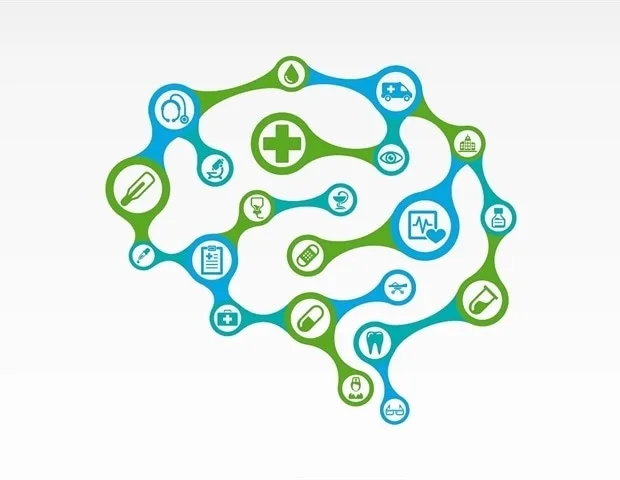
“Mistrust all in whom the impulse to punish is powerful,” warned Friedrich Nietzsche more than a century ago.
Instead, the impulse to punish appears to have grown more and more powerful in the U.S criminal justice system. Annually, more than 9 million people a year in the U.S. are arrested, and on any given day roughly 2.3 million are incarcerated, representing a 500% increase in the prison and jail population since 1980 (compared to a 46% increase in the population over the same time).
This level of incarceration has many consequences, including a direct impact on public and individual health. Contact with the criminal justice system has been associated with a number of poor health outcomes, including hypertension, depression and substance abuse disorders, as well as poor mental health, obesity and accelerated aging.
New findings published in the Journal of Criminal Justice now suggest that contact with the criminal justice system, particularly probation and probation in combination with incarceration, disproportionately affects the health outcomes of Black Americans.
The argument that we make in the paper is that one -; Black Americans are unequally or disproportionately exposed to criminal justice here in the U.S.. And two -; when they are placed on probation, they have fewer economic and social resources to maintain all of the different responsibilities that are tied to probation.”
Michael Niño, assistant professor and corresponding author on the paper
Niño and his co-authors in the Department of Sociology and Criminology at the U of A -; Casey T. Harris, Alexia Angton and Meredith Zhang (now at Cal State LA) -; made the case after winnowing through The National Longitudinal Study of Adolescent to Adult Health, more simply known as Add Health.
The Add Health study began in 1994 with a survey of 90,000 adolescents attending 132 schools about their health behaviors and contact with the criminal justice system. The initial group was then narrowed down to a pool of 20,000 representative students, who were reinterviewed periodically over the years, with the fifth and most recent time occurring between 2016 and 2019. The survey captured results on students who identified as Black, White or Hispanic.
Over the years, as adolescents settled into adulthood, the surveys charted the various ways respondents may have interacted with the criminal justice system, whether it was arrest, indictment, incarceration, probation or some combination of probation and incarceration (for instance, violating the terms of probation leading to incarceration).
From this data set, the researchers were able to make some very clear determinations: Black Americans consistently reported poorer health outcomes than their White and Hispanic counterparts when associated with contact with the criminal justice system. Moreover, probation proved to be the strongest driver of lower self-rated health and chronic conditions.
Why is probation so bad?
“It’s incredibly stressful,” Niño said. “And that chronic stress of constantly having to think of how I’m going pay my probation fee, how I’m going to have to take urinalysis, I have to be here, I can’t be here. And then also coupled with all of the other stressors that come with social life most certainly impact their health differently than it does other groups.”
He also emphasized that the majority of people under correctional control in the U.S. are on probation, but very little is actually known about the health consequences of it.
Moving forward, Nino and his colleagues will explore the long-term consequences of being exposed to different types of contact with the criminal justice system from early adolescence into adulthood. In particular, they hope to better understand what role race plays in that ongoing contact and how it impacts an individual’s health.
Niño, M., et al. (2023) The racial/ethnic health consequences of the U.S. criminal justice system: How consequential is probation and other justice system contact for self-rated and chronic conditions?. Journal of Criminal Justice. doi.org/10.1016/j.jcrimjus.2023.102073.

